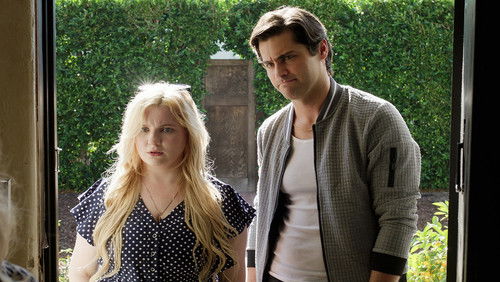Deutschland im Herbst (1978)
31KDeutschland im Herbst: Directed by Rainer Werner Fassbinder, Alf Brustellin, Hans Peter Cloos, Alexander Kluge, Maximiliane Mainka, Edgar Reitz, Katja Rupé, Volker Schlöndorff, Peter Schubert, Bernhard Sinkel. With Wolfgang Bächler, Heinz Bennent, Wolf Biermann, Joachim Bißmeier. Germany in Autumn does not have a plot per se; it mixes documentary footage, along with standard movie scenes, to give the audience the mood of Germany during the late 1970s. The movie covers the two month time period during 1977 when a businessman was kidnapped, and later murdered, by the left-wing terrorists known as the RAF-Rote Armee Fraktion (Red Army Faction). The businessman had been kidnapped in an effort to secure the release of the orginal leaders of the RAF, also known as the Baader-Meinhof gang. When the kidnapping effort and a plane hijacking effort failed, the three most prominent leaders of the RAF, Andreas Baader, Gudrun Ensslin, and Jan-Carl Raspe, all committed suicide in prison. It has become an article of faith within the left-wing community that these three were actually murdered by the state. The movie has several vignettes, including an extended set of scenes with the famous director Rainer Werner Fassbinder discussing his feelings about Germany’s political situation at the time. Fassbinder’s scenes almost seem to be candid documentary footage, but aren’t. Other scenes include documentary footage of the joint funeral of Baader, Enslin, and Raspe.
“This is a melancholic semi-documentary about the West Germanyu0026#39;s traumatic autumn called as u0026quot;Deutschland Herbstu0026quot;. The prominent businessman Hanns Martin Schleyer who was a member of the board of directors in Daimler Benz and leader in several employer and industry associations was kidnapped and killed by extreme-left RAF. He was formerly SS worked as an important deputy and adviser to Bernhard Adolf, one of the German economic leaders. Schleyeru0026#39;s uncompromising position towards workers made him a target in the West Germany.u003cbr/u003eu003cbr/u003eThe movie plays with different positionalities. Germany democracy is facing with a hard challenge after the WW2. If you do not know much about these events, you better read about it. The Businesmanu0026#39;s chic funeral, his ex-SS experience and policies in the West Germany, RAFu0026#39;s actions are all putting you in a mixed feeling. Left and democracy are under pressure with a lack of hope. I felt like RAF was representation of this hopelessness. u003cbr/u003eu003cbr/u003eIt is a very simplistic semi-documentary but very successful. End of the movie was very moving with the song u0026quot;A Tu Saludu0026quot;. I highly recommend you to see it. Despite you may not know much about Germany or the specific context, it has a lot of relevance to todayu0026#39;s democracy and freedom problems.”









